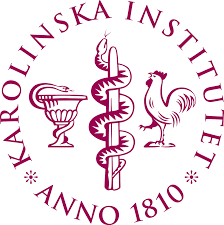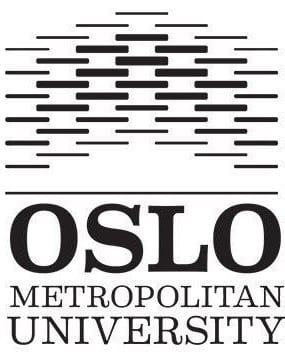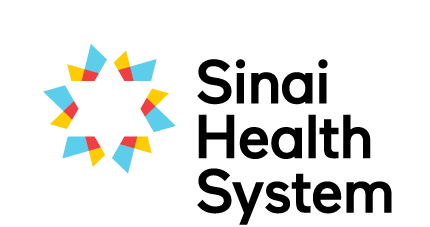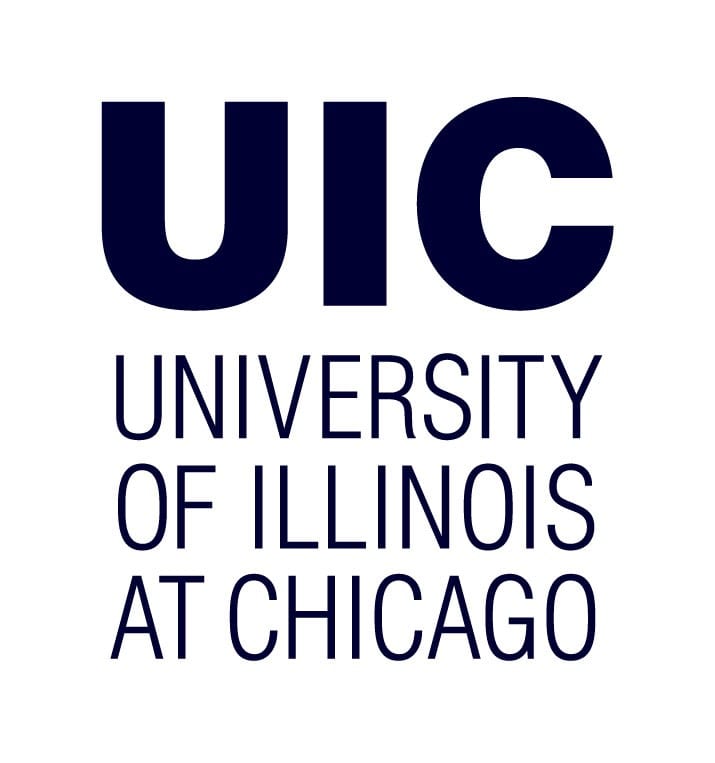The edited book on reablement written by members of the Reable network is now on sale in a paperback version
Edited by Tine Rostgaard, Roskilde University and Stockholm University, John Parsons, The University of Auckland and Hanne Tuntland, Western Norway University of Applied Sciences and Oslo Metropolitan University
Reablement or restorative home support.
Numerous countries, including Australia, Canada, Denmark, Ireland, Netherlands, New Zealand, Norway, Sweden, UK and US have been developing the approach for several years with some countries taking a very different interpretation. In 2018, a European network was established to develop greater understanding on the area and brought together the above-mentioned countries to develop an international network of collaboration and development. The group representing academics and clinicians have met on seminars in Sweden, Norway and Denmark. Currently we meet on a regular basis on webinars.
In June 2025, the ReAble research network consists of 53 members from 13 countries (Australia, Belgium, Canada, Denmark, Finland, Ireland, the Netherlands, New Zealand, Norway, Sweden, Taiwan, UK and US). Hanne Tuntland (Norway) is the leader of the network, with Lise Buma (the Netherlands) and Aileen Bergström (Sweden) as close collaborators. The network is interdisciplinary, with researchers from different professional backgrounds such as biomedicine, occupational therapy, ethnology, medicine, nursing, psychology, physiotherapy, political science, rehabilitation research, social anthropology, social work, sociology and sports research. The members of the network are early-career researchers/PHD candidates, mid-career researchers and senior researchers, all with published research in the field.
The purpose of the network is to:
• Foster an international research network for information exchange on research publications and reablement news from the countries of the members.
• Apply for research funding to develop joint research projects, publications and conference contributions.
• Apply an interprofessional perspective to critically investigate the idea behind reablement, its application and implementation in different geographical contexts.
Reablement is a person-centred, holistic approach that aims to enhance an individual’s physical and/or other functioning, to increase or maintain their independence in meaningful activities of daily living at their place of residence and to reduce their need for long-term services. Reablement consists of multiple visits and is delivered by a trained and coordinated interdisciplinary team. The approach includes an initial comprehensive assessment followed by regular reassessments and the development of goal-oriented support plans. Reablement supports an individual to achieve their goals, if applicable, through participation in daily activities, home modifications and assistive devices as well as involvement of their social network. Reablement is an inclusive approach irrespective of age, capacity, diagnosis or setting.
– Metzelthin et al., 2022 (link to study)
Click here for a short video describing reablement and the Reable network




















